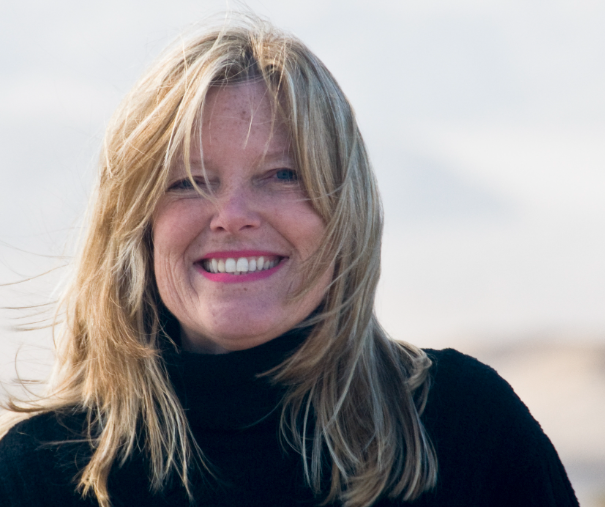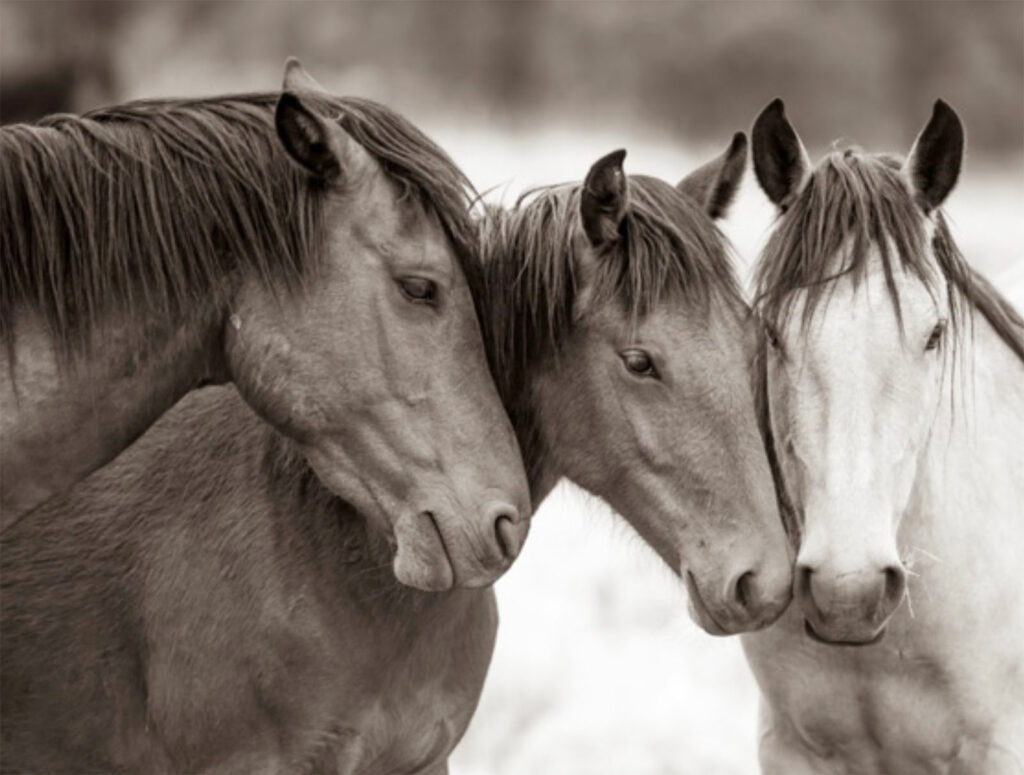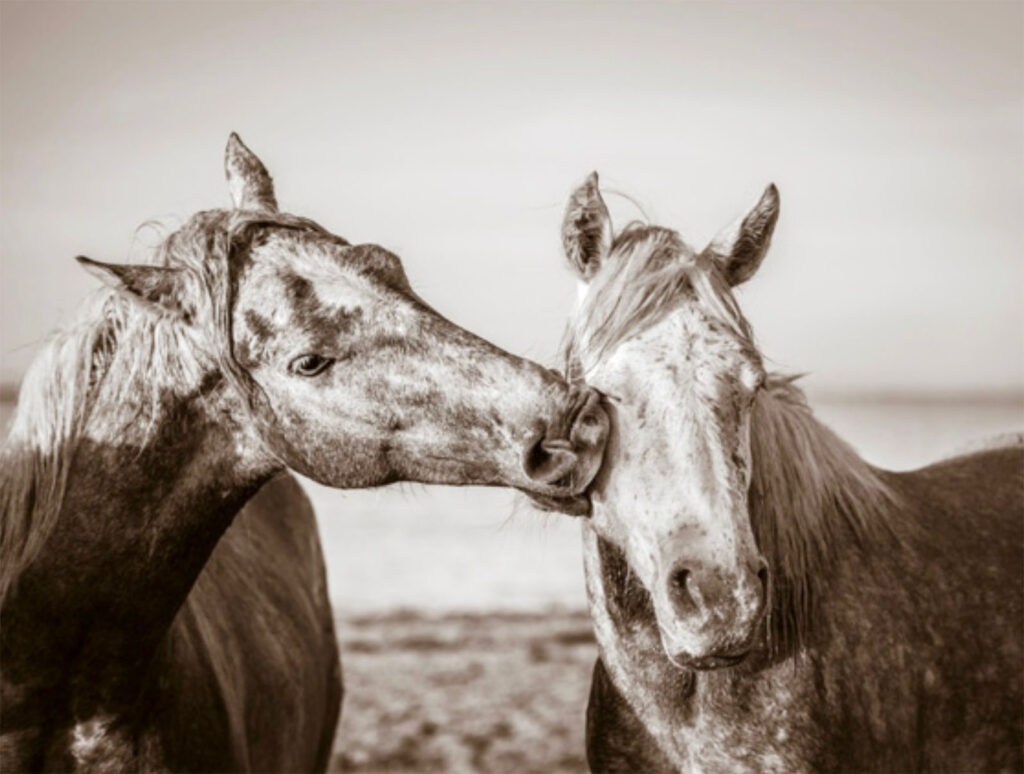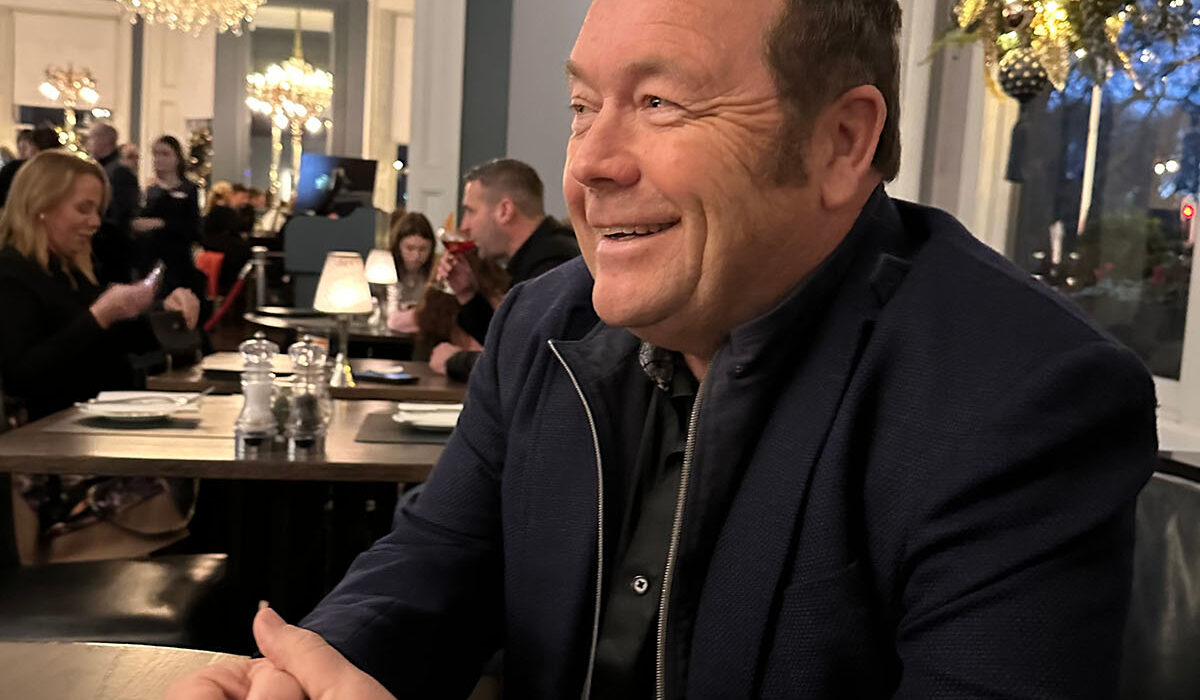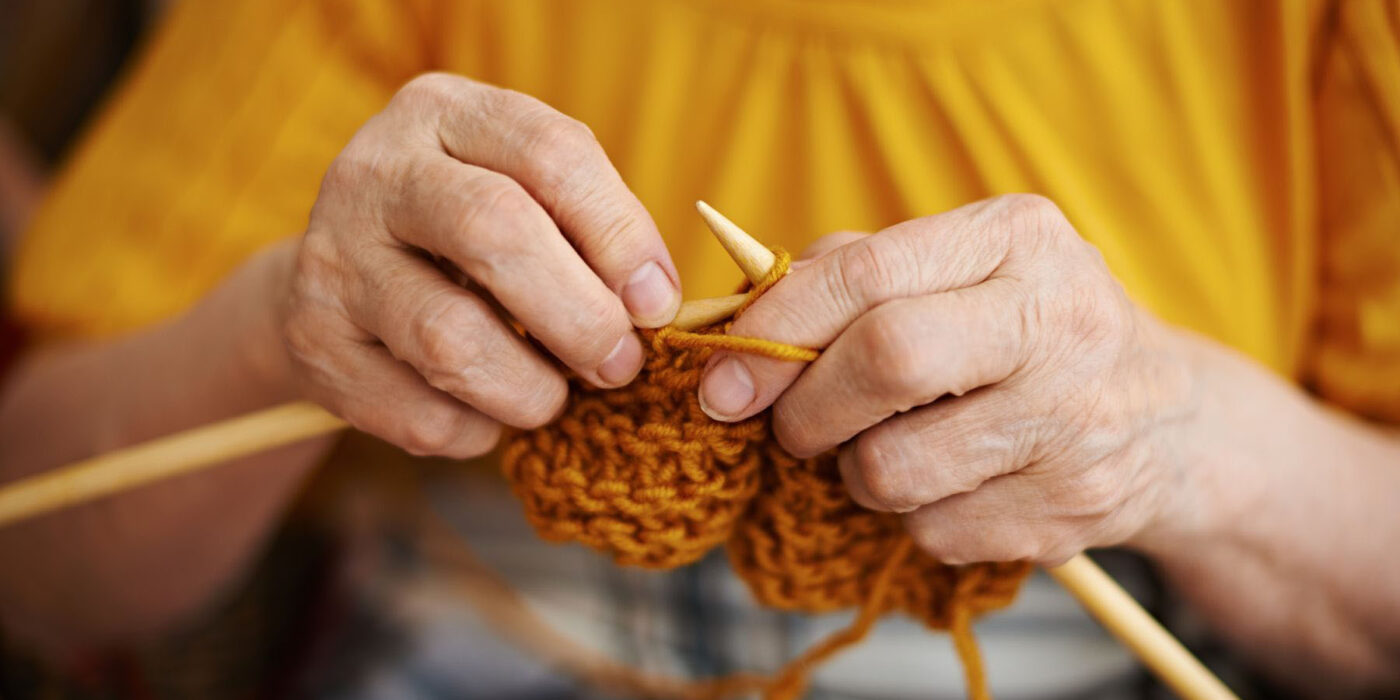Taking the Scare out of Retirement and Swapping it for Enthusiasm
Dame Judi Dench said, “It’s the rudest word in my dictionary, “retire.” And “old” is another one. I don’t allow that in my house. And being called “vintage.” I don’t want any of those old words. I like “enthusiastic.”
I do too, Dame Judy. I really like it. How many of us resonate with the word retired?
There’s a hidden implication that needs to be addressed when it comes to retirement and aging in general and that is that as we get older, we become irrelevant. But that’s only true if we say it is right? Personally, I am firmly opposed to this silly notion and hope that together we can plant some ideas to redefine an outdated concept.
Some of us have lived our lives in service to our families and our communities, to our bosses and the companies that employed us and need an opportunity to rest and recover from all the activity. I celebrate that pause for sure. But to thrive, human beings need to have a purpose at every stage of life and what we conventionally refer to as retirement can be our best chapter yet.
“Often when you think you’re at the end of something, you’re at the beginning of something else.” -Fred Rogers
I’m at an age now where many of my contemporaries are either preparing to or have stopped working full-time, to savour all the freedom that comes with this new phase of life. When they talk about retirement, it has a very different tone from how their parents might have framed it. We are, as Dame Judy suggests, enthusiastic about life: we have hobbies, personal and professional pursuits, activities, social circles, and in my observation that sounds more like having a passion for living fully. Let’s look at the word retired: it has the word tired in it and most of us are anything but tired. Far from it, we’re ready to embrace the adventures awaiting us. Even working out of necessity can be more enjoyable because our life experience has taught us to recognize our limits and create a work life more aligned with our capabilities and interests.
Some of us may have forgotten how to be playful, having defined our success by providing for others, meeting deadlines and being driven by pressure. This chapter is not that; it’s an opportunity to grow into a new version of ourselves, where we call the shots and where we measure our success with a different ruler.
“Retirement is not in my vocabulary. They aren’t going to get rid of me that way.” – Betty White
American actress, comedienne and producer Betty White was an icon: a beautiful, talented woman who enjoyed a career in television for almost seven decades. She was a champion in animal rescue, had an enviable optimism and a wicked sense of humour. Plainly put, Betty White knew how to be playful and make the most of a life filled with purpose. She had her share of loss and struggle, but it was always her enthusiasm for living that shone through.
The new measure for our success in this third chapter of life is focused on productivity from a different viewpoint. We all have the same number of hours in a day; it’s what we do with that time that will make the difference and this is where purpose comes in. It seems that when we’re young our purpose is easier to connect with, as we build our family, our career, and our social circles but in our third chapter it’s more of a challenge. Our social circles change for various reasons, our family structure shifts too, and we can be left feeling lost or we can begin an investigation to find new meaning. People often advise us to get back to hobbies we enjoyed when we were young, which can be a clue but connecting with our purpose is not like finding a lost quarter, it’s more like uncovering a mystery.
“Retirement isn’t the end of the road, but just a turn in the road.” –Unknown
There’s more great news about this chapter in our life adventure: we’re the choosers, we’re the deciders and we have more sovereignty over key decisions like where we live and how we live. One of the challenges we face is that we prefer our comfort zone over growth because it can be uncomfortable but the key to living with enthusiasm is taking risk, there’s no growth without it.
Moving forward into this exciting time of life means we get to try new things, meet new people, perhaps adopt a pet, experiment with language, musical instruments, volunteering, and work opportunities. We have amassed a lot of experience and hopefully some wisdom to help steer us as we navigate. While it may be some time before we find a new word to best describe this potential filled chapter of life, we are breaking ground and we’re doing it by living joyfully, practicing spontaneity, connecting with purpose, and placing importance on connection and community. These are the building blocks of a brilliant third chapter and the exciting part is we’re creating it together.
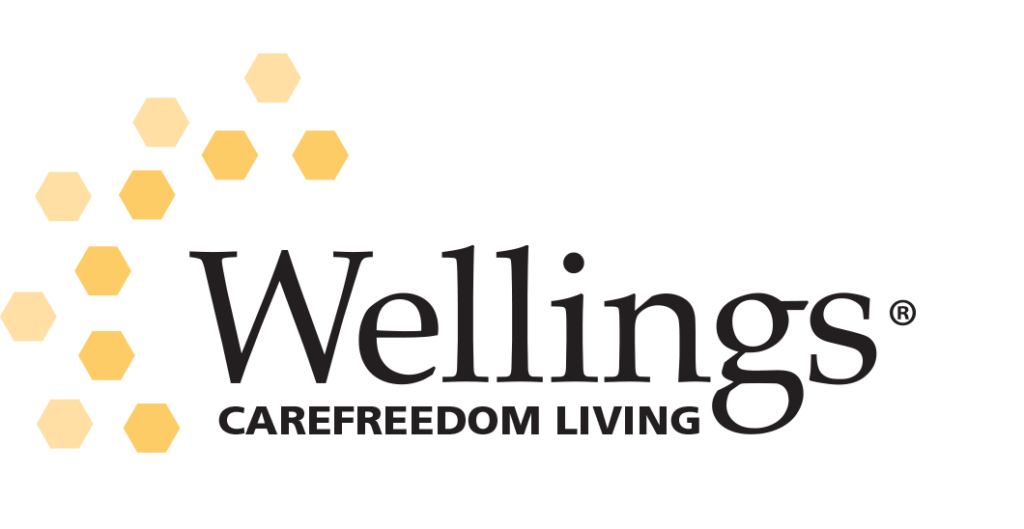
This Wellings blog by Kathie Donovan was exclusively written for Wellings Communities and appeared first on MyWellings.com.







